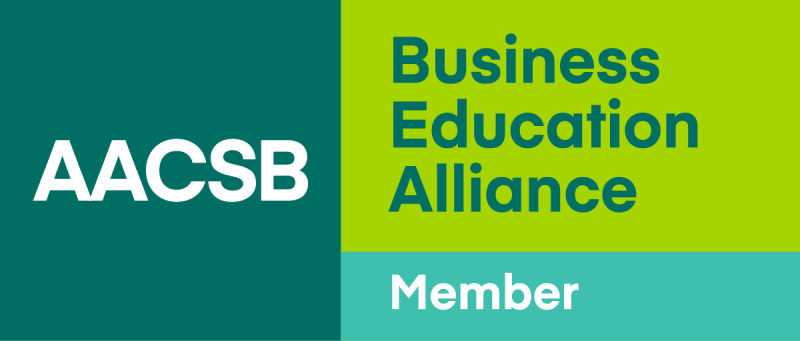Innovation Against Isolation: How OryLab’s Avatar Robots Bring People Together
To address social exclusion faced by people with disabilities, OryLab created avatar robots enabling remote social participation. How did it turn a personal experience into a sustainable, human-centered business model for inclusion?
At a glance
Country
Japan
Year Founded
2012
Capital
US$678,000
(JPY 100 million)
Industry
Robotics, Information Communication Technology (ICT)
Abstract
OryLab Inc., a Japanese startup founded in 2012, has an ambitious mission of eliminating loneliness. Driven by the personal experiences of its founder, Kentaro Yoshifuji, the company developed the OriHime avatar robots. These robots help people who are physically isolated due to disabilities or other mobility limitations connect with society, promoting inclusion in social participation and work. The company has applied these technologies in practical contexts, including the Avatar Robot Café DAWN ver. β, which allows remote pilots to engage with café visitors, and through recruitment services such as AVATAR GUILD and FLEMEE, which provide teleworking and employment opportunities for people with disabilities.
This case study examines OryLab’s evolution from Yoshifuji’s early aspirations and development during his university years to the establishment of a pioneering business. It focuses on the entrepreneurial journey behind its creation, the business model that sustains its operations, and the use of crowdfunding as a key financial strategy. Beyond exploring how the avatar robot technologies bridge social and physical barriers, the case analyzes the company’s approach to innovation, market development, and social impact. The study provides insights into how technology-driven entrepreneurship can balance social impact with financial sustainability, offering readers an opportunity to evaluate OryLab’s business model, growth strategies, and the challenges of scaling inclusive technology in both domestic and international markets.
Cover Photo: DAWN Cafe
All rights reserved. © 2026 Nikkei Business Lab Asia. No part of this publication may be copied, stored, or transmitted in any form. Copying or posting is an infringement of copyright.
Disclaimers:
(1) Regarding Case Study Content: This case study is based mainly on secondary data and analysis of publicly available information unless otherwise stated, and is intended solely for educational purposes. Any opinions expressed by the author(s) are designed to facilitate learning discussion and do not serve to illustrate the effectiveness of the company. Additionally, banner images and logos used in the case study are intended for visualization in an educational setting and it is not used to represent or brand the company. For any dispute regarding the content and usage of images and logos, please contact the team.
(2) Regarding University Affiliation and Titles of Authors: The university affiliation and titles of author(s) seen in the case study is based on their affiliation and title during the time of publication. It may or may not represent the current status of said author(s).
